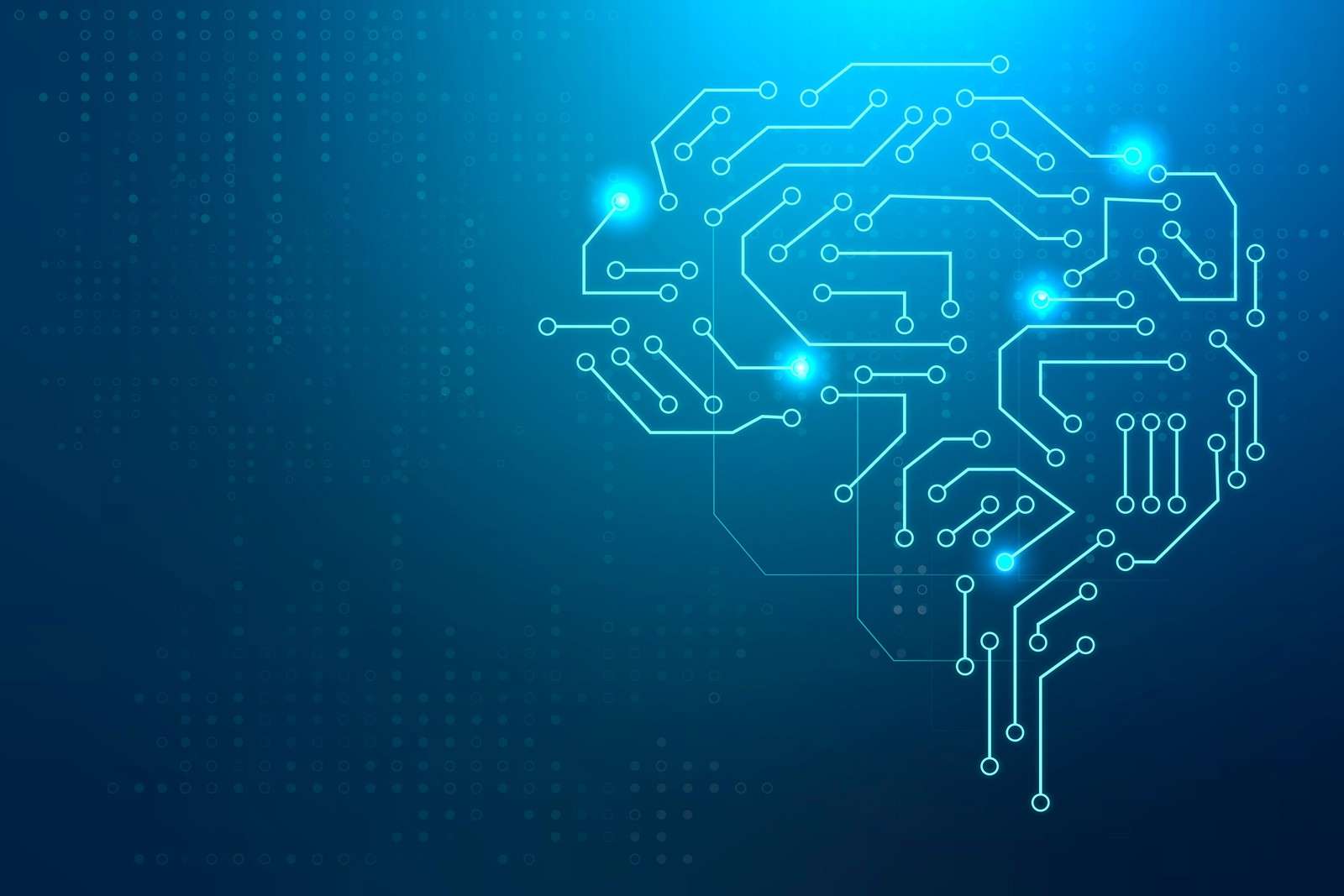With the development of advanced robotics and programming, it has become possible to create and use Artificial Intelligence (AI) systems that can simulate the behavior of human intelligence. AI has become an increasingly popular topic of discussion, leading some to wonder if AI can truly be considered intelligent. In this article, we will explore the possibilities of AI, the current impact of AI technology, the question of whether AI could ever think, the benefits of AI, and the implications of AI’s future.
Exploring the Possibilities of AI
As technology advances, so do the possibilities for AI. In order to be considered intelligent, AI must be able to learn, reason, and make decisions on its own. AI is also capable of recognizing patterns and making decisions based on those patterns. By combining these abilities, AI can be used to solve problems and make decisions with minimal human intervention. AI technology is already being used in a variety of industries, including healthcare, finance, and robotics.
Going Beyond Human Intelligence
One of the most attractive aspects of AI is its potential to go beyond human intelligence. With the help of machine learning and deep learning algorithms, AI systems can become increasingly complex and sophisticated. They can also detect patterns and trends that are difficult for humans to detect. As AI technology continues to improve, it will be able to tackle problems that humans are unable to solve.
Examining AI’s Growing Impact
AI technology is having a profound impact on the way we live and work. AI-powered robots are being used to automate tasks, from manufacturing to customer service. AI is also being used to analyze data, make predictions, and improve decision-making. In the healthcare industry, AI is being used to diagnose diseases more accurately and to provide personalized treatments. AI is also being used in cybersecurity to detect and respond to threats.
Could AI Ever Truly Think?
The ultimate goal of AI technology is to create systems that are capable of thinking and reasoning like humans. However, this goal is still far from being achieved. AI systems are still limited in their ability to understand complex concepts and make decisions in real-world situations. The development of AI that is truly intelligent will require further advancements in machine learning and artificial neural networks.
The Benefits of Artificial Intelligence
Despite the limitations of AI technology, there are many potential benefits to its use. AI systems can be used to automate tedious and repetitive tasks, freeing up human employees to focus on more complex tasks. AI can improve decision-making by providing real-time data and insights. It can also be used to analyze large amounts of data and identify patterns and trends.
Ready or Not: AI is Here to Stay
Despite the current limitations of AI, it is clear that AI technology is here to stay. As technology continues to improve, we are likely to see more AI systems being used in a variety of industries. AI will play an increasingly important role in our lives, and it is important to understand the implications of this technology.
It is clear that Artificial Intelligence technology has already had a profound impact on our lives, and it will continue to do so in the future. While AI systems are still limited in their ability to think and reason like humans, they are already being used to automate tasks and improve decision-making. As AI technology continues to advance, it will become increasingly important to understand the implications of this technology and to use it responsibly.
